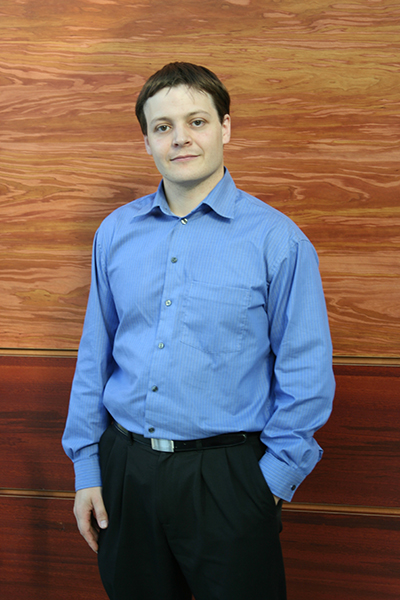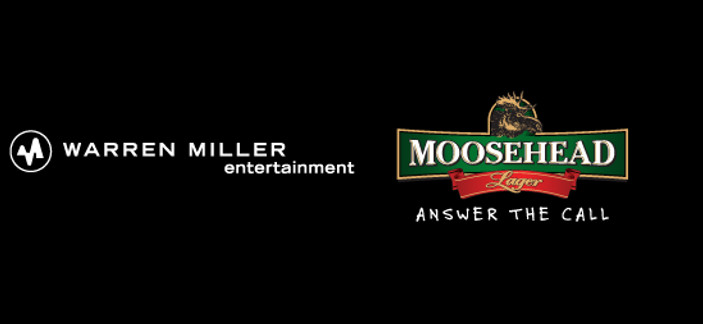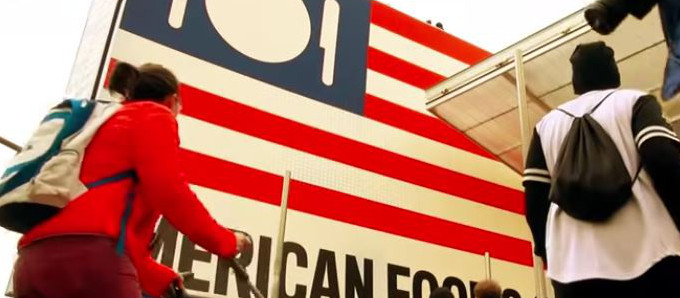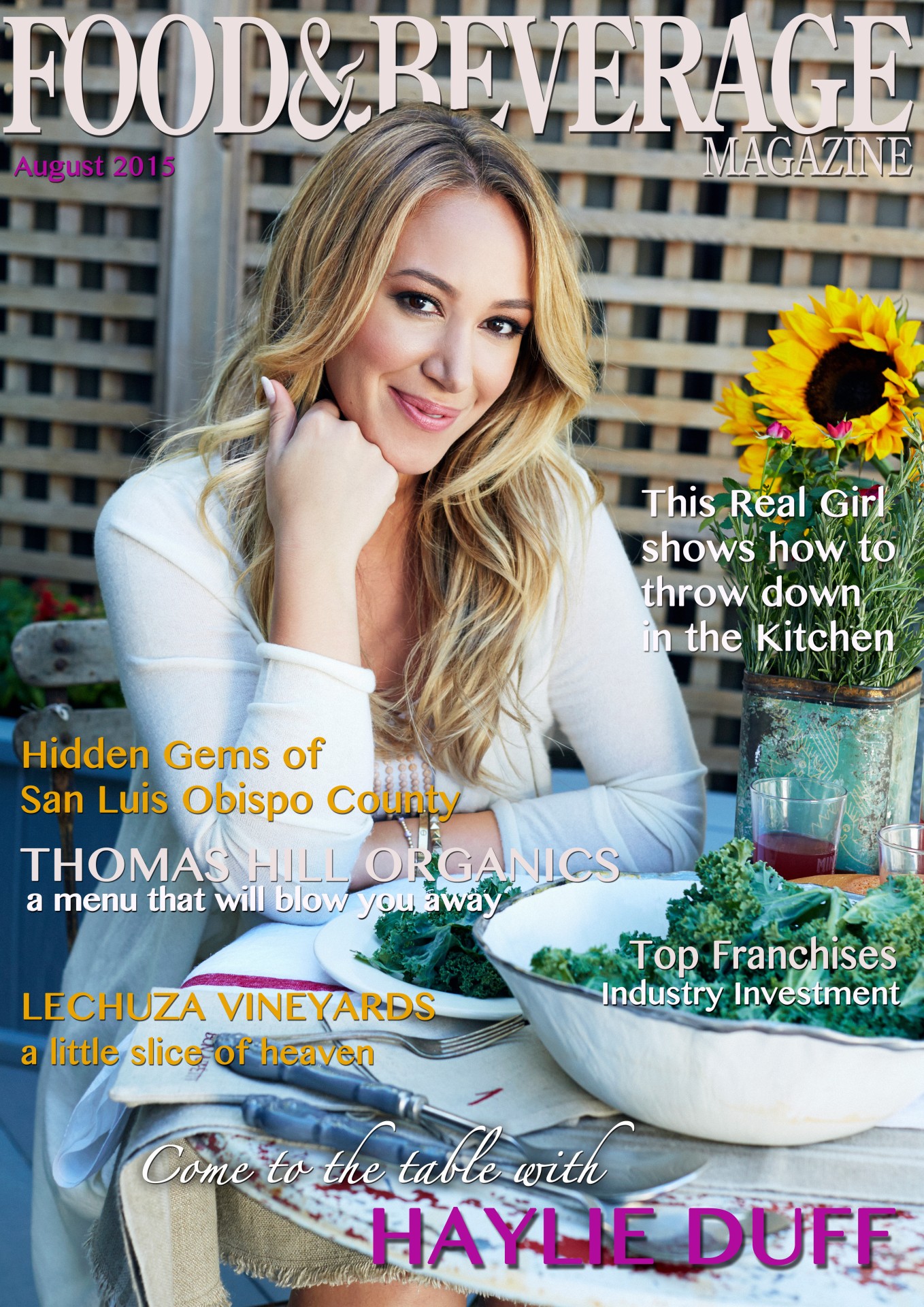NEOMA Business School’s Champagne expert predicts continued dependence on Europe for growth in line with economic stagnation
 Champagne is currently going through a trend of “non-celebratory consumption”, according to David Menival, Professor and specialist in Champagne and the wine industry at NEOMA Business School (formerly Reims Management School).
Champagne is currently going through a trend of “non-celebratory consumption”, according to David Menival, Professor and specialist in Champagne and the wine industry at NEOMA Business School (formerly Reims Management School).
According to data published by the Comité Interprofessional du vin de Champagne (CIVC), 36.1 million bottles of Champagne were shipped in October 2013, down 5.2% compared to October 2012. For this month, marked by harvest season, sales in all categories were down (houses -0.8%, wineries -13.4% and cooperatives -21.5%). Decreases were also observed in the European Union (-10.1%) and France (-4.2%). Only non-European countries saw growth (+0.7%). Over twelve months, total shipments were down 4.2% to $302.5 million bottles.
“There are no surprises, since previous forecasts did not announce any pick-up in the volume of sales before at least 2014-2015,” said Menival. “The dependence of Champagne on the European markets remains a reality, even if shipments towards more distant countries are developing. The European economy is still weak, and that leads to tensions for non-essential products such as Champagne.”
“The fact is that a large number of Champagne sellers do not have the means to redirect their exports outside Europe and as a result see less and less profits. To sell the surplus bottles, they are led to use more regular, off-trade distribution channels like supermarkets and discounters. This is especially so in the UK, which is still the leading export market for Champagne.”
In such a context, future sales of Champagne will depend completely on the way the glut in Europe is dealt with. “The promotional actions of supermarkets and discounters inevitably impacts consumers’ behavior toward Champagne. These same consumers are changing their consumption patterns as they face yet more budgetary constraints, felt or real.
Therefore, whilst the shipped volumes of Champagne have constricted, those of other sparkling wines seem to be on an upward curve. Again, the UK market is a good example, where sales of other foreign sparkling wines are steadily increasing, particularly at specialist retailers.”
About David Menival
Dr. David Menival, PhD in Economics, is Professor at NEOMA Business School in France. He develops research and courses relevant to the Champagne industry and wine business in general. He is also Co-Director of the Reims Research Centre for Place-Value and Identity, mainly focused on the wine industry. His research focuses on the reputation of wine, its relation to place, as well as wine tourism. He is also interested in drinker perceptions of wine quality, and the motivation to drink, especially in emergent markets such as China.
About NEOMA Business School
NEOMA Business School is the result of the merger between Rouen Business School and Reims Management School. Jointly managed by its President, Yves Bénard, and its Dean, Frank Bostyn, NEOMA Business School’s ambition is to be ranked among Europe’s best schools and be recognized as the preferred partner for companies. The school, with three campuses in Reims, Rouen and Paris, offers a portfolio of programs from Bachelor level to Executive Education. Its faculty, which is focused around seven academic departments, counts more than 200 permanent professors. The school has more than 40,000 graduates, based in more than 120 countries worldwide. www.neoma-bs.fr







